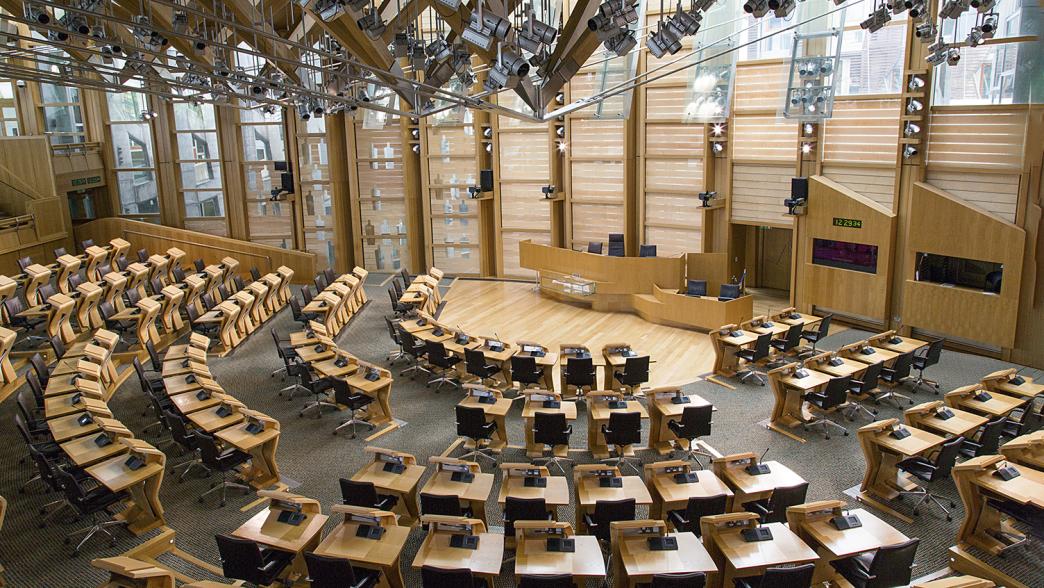The contested boundaries of devolved legislative competence: Securing better devolution settlements
Why devolved competence has become more contested.

Why devolved competence has become more contested.

Whether the UK survives in its current form or what it will look like if it doesn’t stay together, will hinge on which vision prevails.
The IfG was in Manchester for a series of fringe events on the constitution, levelling up, public services, AI and more.
Katy Hayward from Queen's University Belfast joins The Expert Factor team for a deep dive into recent political developments in Northern Ireland.
Peter Foster of the Financial Times joins the IfG team to reflect on the deal to restore government in Northern Ireland.